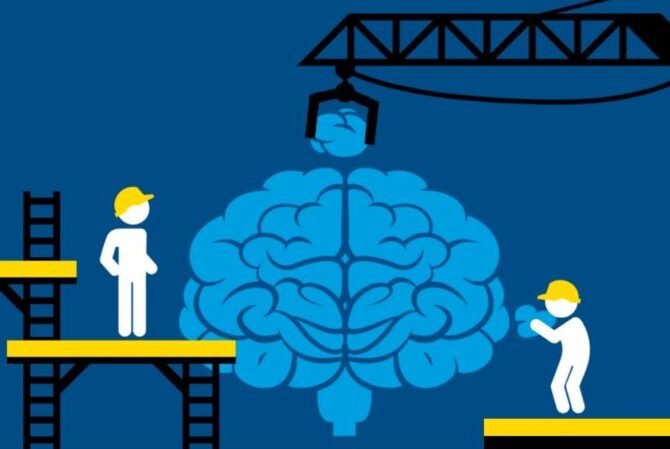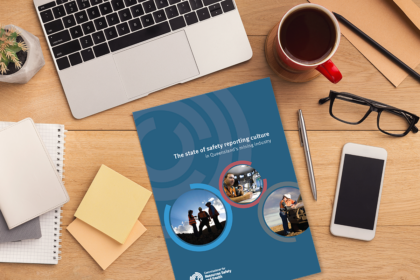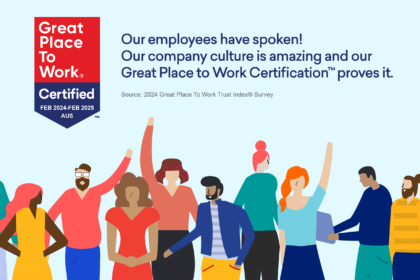In 2012, Sentis launched our Brain Animation Series, taking viewers on a tour of the brain by translating complex psychology and neuroscience concepts into plain English. Since then, the short and snappy animations have been used globally to help people understand the way their brain works, racking up more than 1.7 million views on YouTube alone.
The videos are currently being used by individuals and organisations in more than 25 countries to teach about the brain and our ability to reframe our thinking and our lives. By far the most popular video in the series is Neuroplasticity, which explores the concept of rewiring your brain.
NEUROPLASTICITY, THE MOST POPULAR VIDEO IN THE SERIES, HAS BEEN VIEWED MORE THAN 1.5 MILLION TIMES ON YOUTUBE.
The impact of rewiring your brain through neuroplasticity can be life changing.
At Sentis, we use the videos to help leaders understand how the brain works so that they can motivate, manage and influence their teams more effectively. We also use our unique understanding of the brain to improve safety outcomes, helping organisations to shift employee attitudes and drive a culture of Safety Citizenship.
But the demand to better understand the brain is widespread and the reach of our animations extends beyond the work we do in the B2B space.
In a healthcare setting, organisations like the Mayo Clinic are using the Neuroplasticity video to help patients with chronic pain understand their diagnosis and how they might treat their symptoms at a neurological level.
In the classroom, teachers are sharing the video with young children and adolescents, educating them on their emotions and unlocking the potential of their brain. Parents of students with special needs are discovering the possibilities of utilising neuroplasticity to help overcome learning difficulties through motor and sensory training.
In the not-for-profit sector, organisations assisting those with mental illness and addiction are teaching about rewiring the brain to promote healthy thoughts, behaviours and emotions. Others are simply using the videos to educate individuals on creating healthier habits, managing stress and improving their overall wellbeing.
Bravehearts Foundation, an Australian not-for-profit organisation in the child protection sector, is using the video as part of their learning programs.
“Bravehearts is currently using the Sentis video to enhance the learning experience within both our online and face-to-face training workshops,” says Bravehearts’ National Child Protection Training Manager Mathew Sinclair.
“Our workshops are delivered to a wide range of audiences, including educators at schools and childcares, foster carers and support workers within the community, as well as practitioners in the mental health sector.”
Neuroplasticity plays a large role in helping the brain heal from psychological trauma. Understanding how the brain works, including its limitations and capabilities, is a key stepping stone to facilitating healing and improving overall mental health and wellbeing.
“It is now understood that the maltreatment of children has neurobiological effects. Being able to share this video to our learning audience, as well as the community at large, gives hope for recovery to survivors of child sexual assault and clearly demonstrates how recovery is possible through neuroplasticity,” says Mr Sinclair.
“The video builds on the information we provide on trauma and how to support the recovery of survivors who have experienced child sexual assault.”
On average, Sentis receives more than 100 requests per year from individuals and organisations seeking to use our Brain Animation Series. It is both exciting and humbling to know that the videos have resonated with so many across the globe and are helping to change the lives of individuals and organisations for the better, every day.
Our Brain Animation Series is available for educational use with permission. If you are interested in using Sentis videos for educational purposes, please complete our licensing request form.




